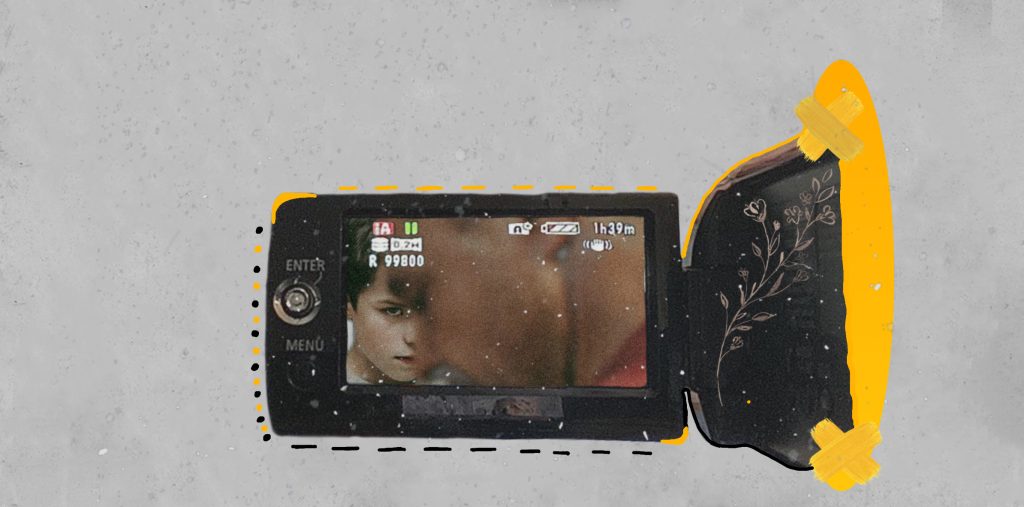
“Dad, I haven’t done anything!”
On March 13, 2025, Netflix released Adolescence, a British miniseries that has since become a lightning rod for conversations about youth, masculinity and the internet’s darker corners.
Co-created by Stephen Graham and Jack Thorne and directed by Philip Barantini, the story follows 13-year-old Jamie Miller’s (a notable debut performance by Owen Cooper) arrest for the murder of his classmate, Katie.
The story was never about who had done it. That was a given since the first episode. The story was about the why. Why did a seemingly ordinary boy become capable of such violence?
Each of the four episodes is filmed in a single continuous take, meaning that the story unfolds entirely in real time. If a character has to wait 15 minutes for a detective to arrive, then we wait with them. If there’s a seven-minute car ride, then we’re in the backseat for the full seven minutes. There are no cuts. Just the relentless passage of time, and the shifting perspectives between Jamie’s family, the police, his school and a clinical psychologist.
The continuous one-takes do something powerful here. They force us as viewers to live inside the silences and the tension of people failing to understand one another. There’s no cutting away from the moment when it gets too painful, because for the people living in it, there is never an escape in the first place.
The movie serves to convey the seriousness of how online masculinity culture infects young boys and teenagers. Jamie doesn’t start off hating girls. He starts off lonely. What Adolescence does so effectively is show how that loneliness, when met with silence from adults and poison from the internet, can twist into something far more dangerous.
Adam, a fellow student at Jamie’s school, and the son of the detective on the case, hauntingly informs his dad of the “80/20” in which he says, “eighty percent of women are attracted to twenty percent of men. You must trick them because you’ll never get them in a normal way.”
Adam’s quote is the rule in the world Jamie’s been pulled into. A world where manipulation is framed as strategy, and where young boys on the internet are fed that violence, not kindness, is how you earn respect.
Unfortunately, the venom of Jamie’s misogyny doesn’t just stay directed at classmates. It also spills over into all of his relationships, even those with the people who care for him most.
For example, in his session with the clinical psychologist, she makes him a sandwich and gets him a drink—small nurturing gestures that reflect her effort to break through his defenses. However, as Jamie begins to open up about his life, his deep hatred for women comes to the surface. By the end of the session, the psychologist finds herself unable to even touch the sandwich he had rejected.
Similarly, when Jamie’s mother attempts to show care by telling him she informed the station about his allergies, he snaps at her—a cruel reminder that even those who are trying to look out for him aren’t immune to his anger.
By framing all of this in real time and stripping away the possibility of cuts, Adolescence forces us to sit with the uncomfortable reality of this emerging mindset. It makes us realize that the real tragedy is not just in the violence Jamie commits, but in the potential for these real, emerging narratives to seep into the lives of other young boys around us, who, like Jamie, are susceptible to them.
Adolescence is a must-watch for everyone. Be it parents, siblings, young boys, or anyone who cares about the future of the youth. It’s a chilling reminder of the responsibility we all have to guide young minds away from harmful narratives before it’s too late.

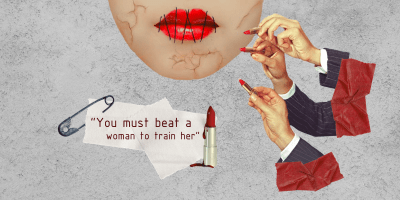
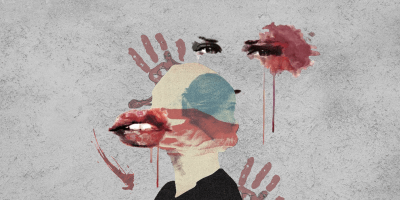
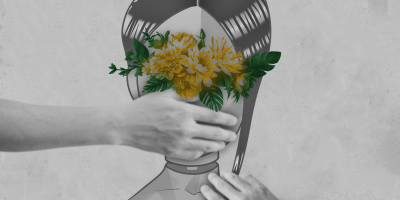
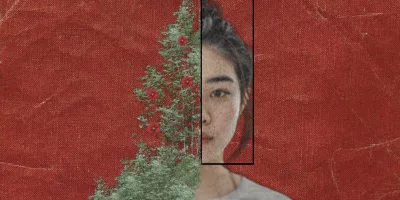

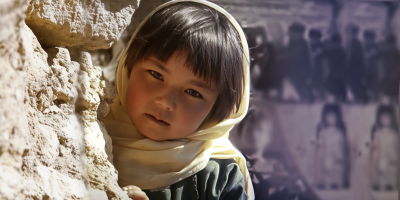

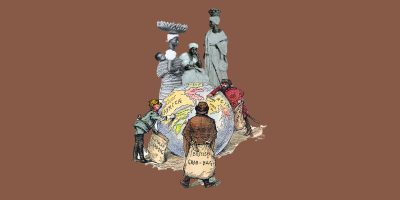
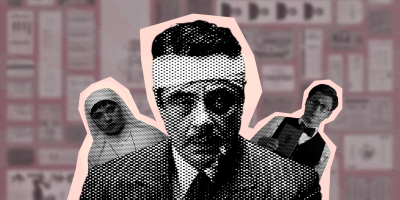
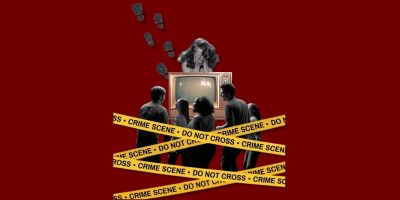

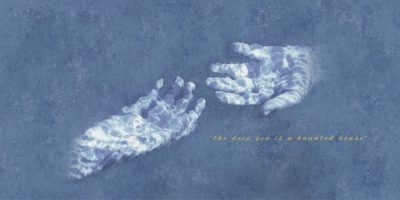

This is a very well written article. Very impressive.